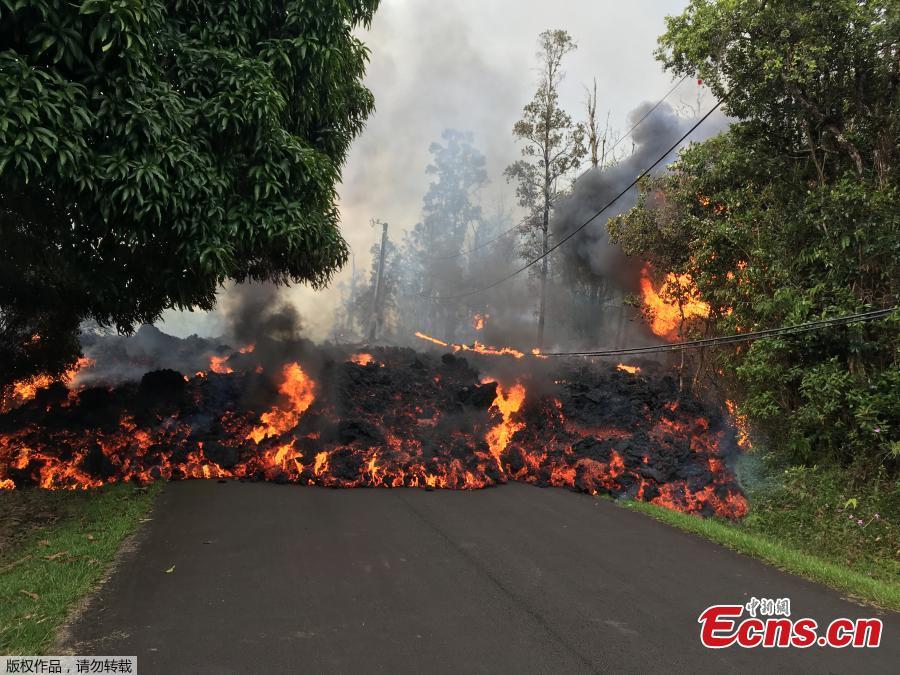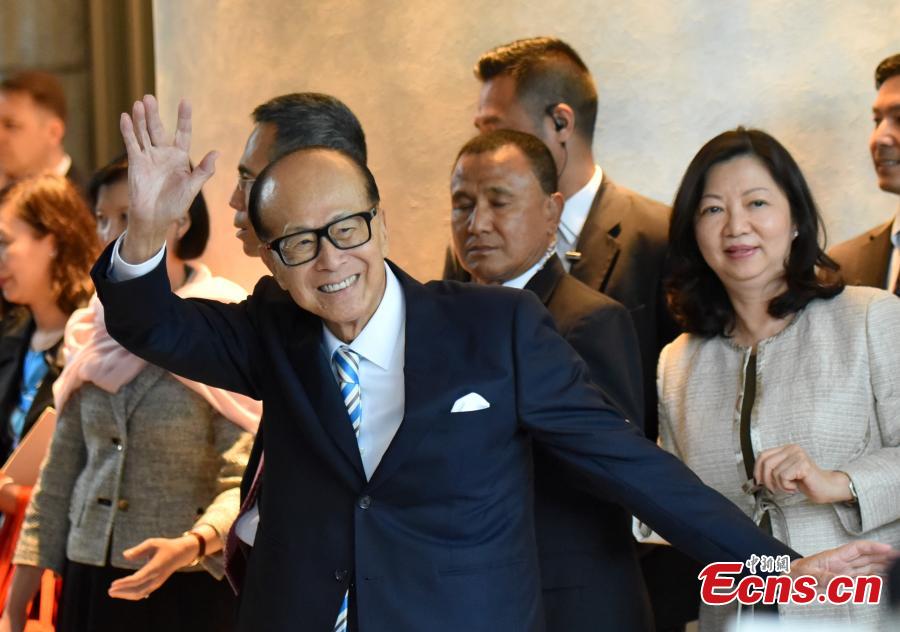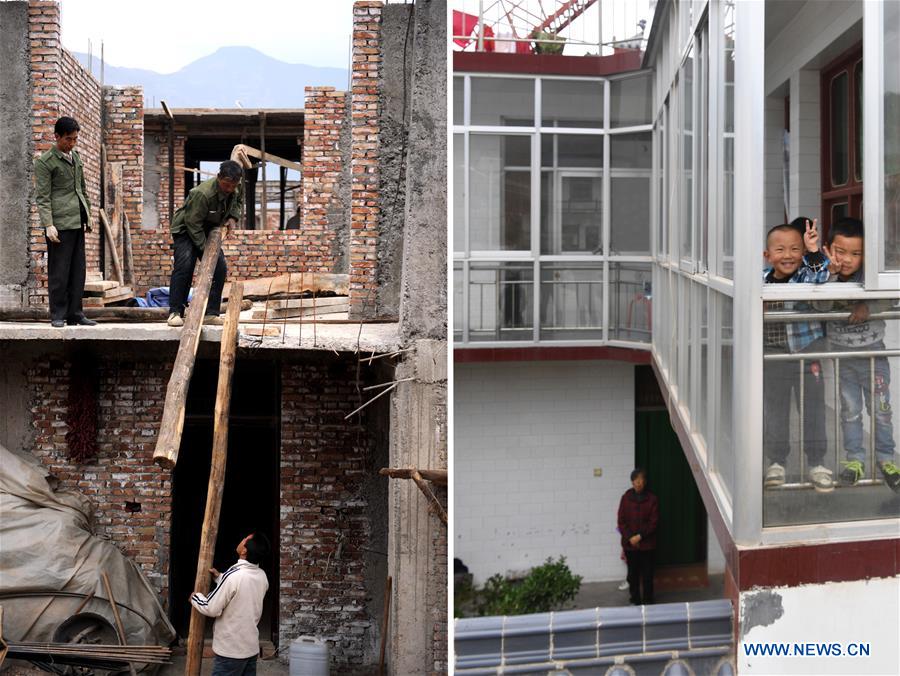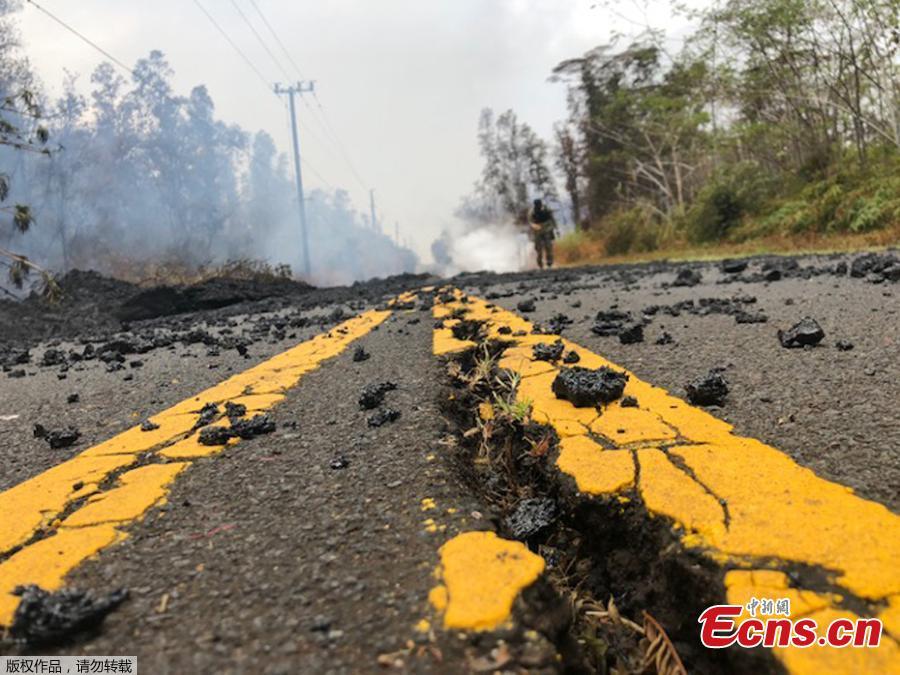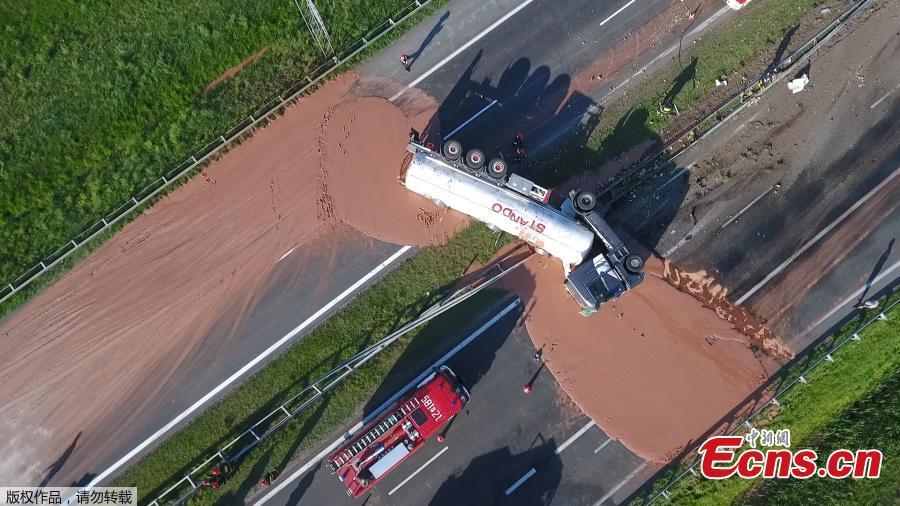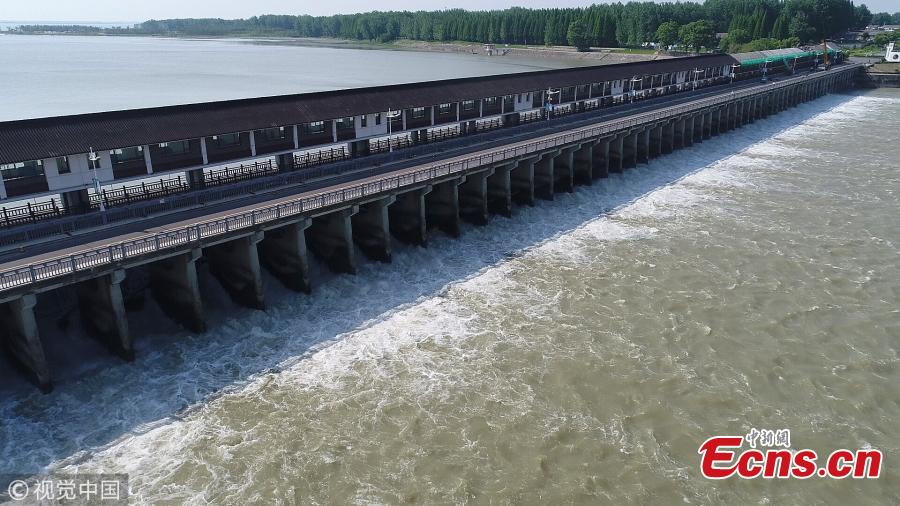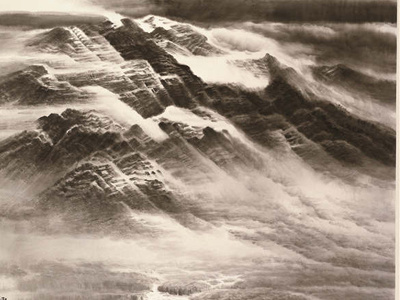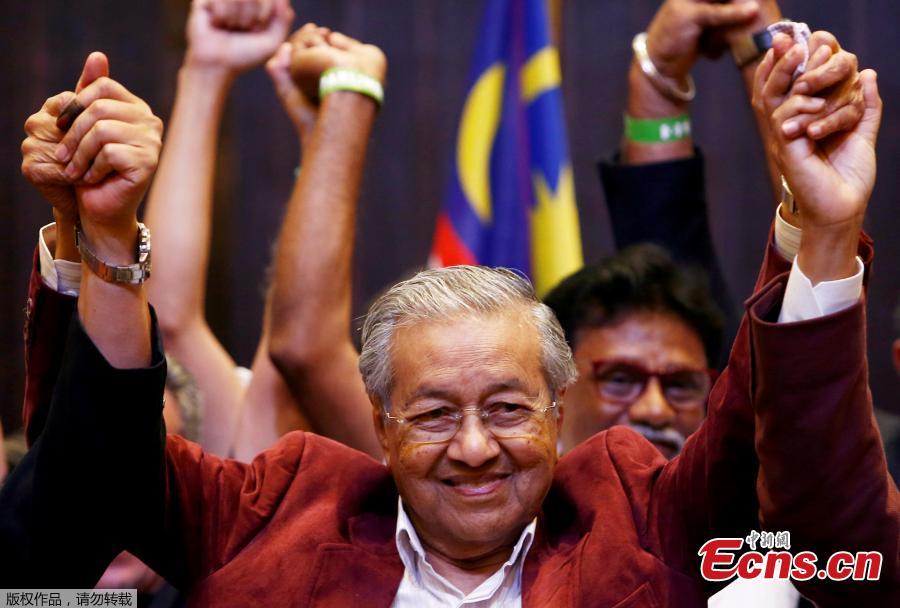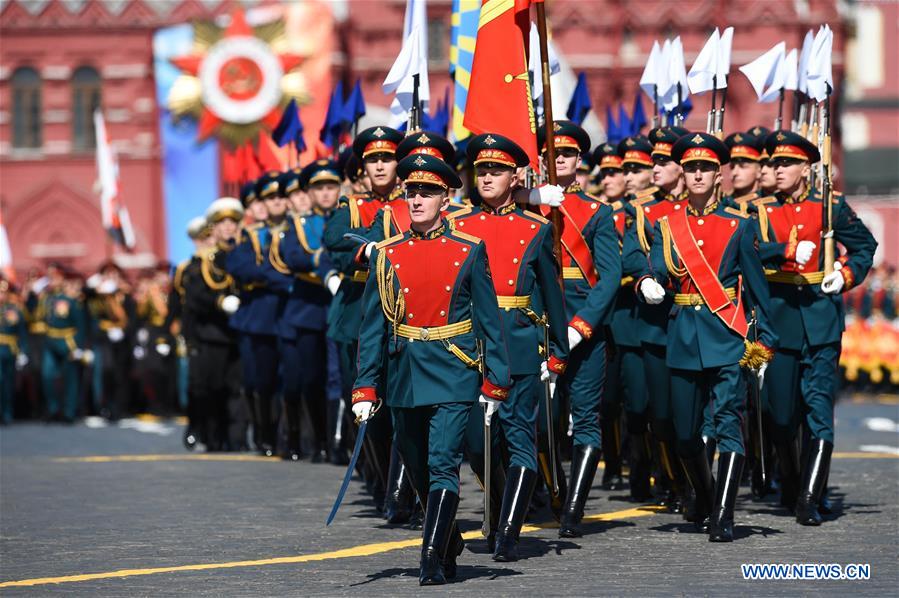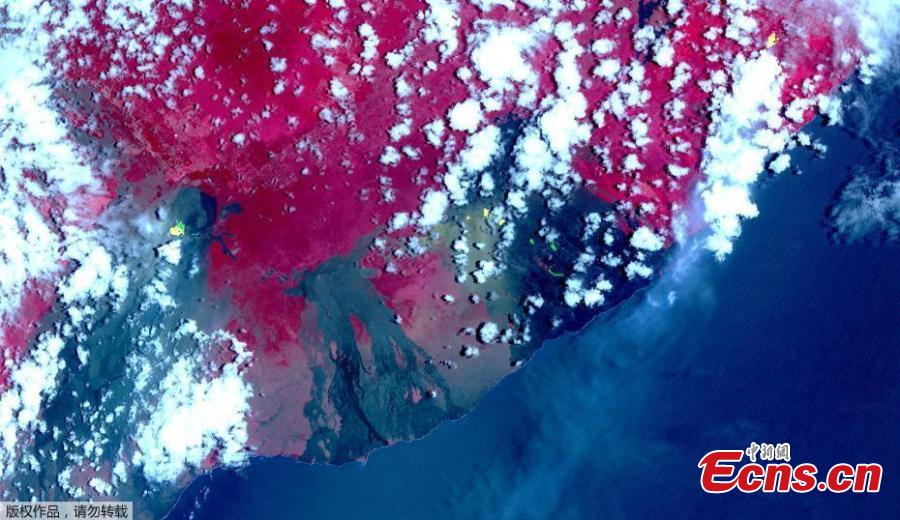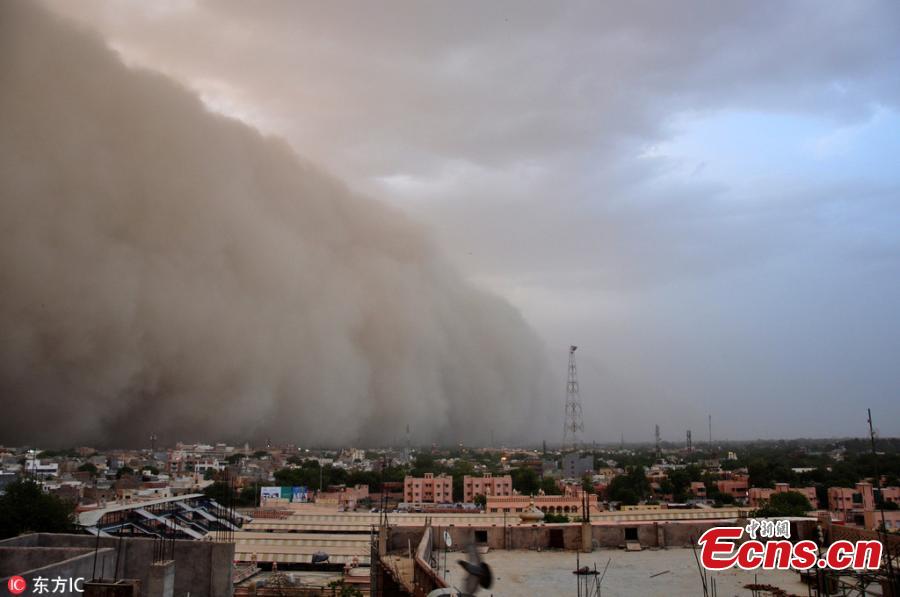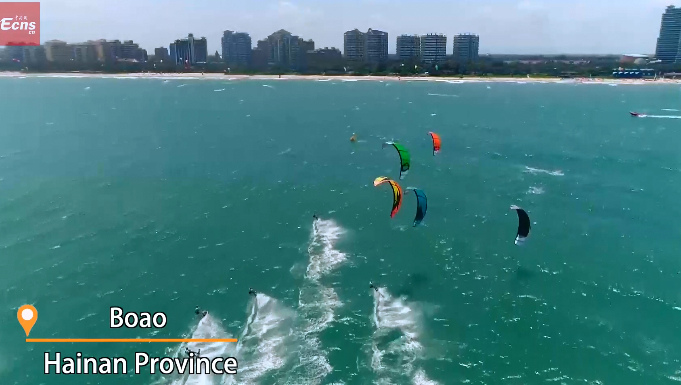Europe, which is traditionally sensitive to the situation in the Middle East due to the geopolitical reasons, has been left in great annoyance this week after U.S. President Donald Trump announced his decision on Tuesday to pull out the United States from the landmark Iran nuclear deal ignoring the repeated opposition from its western allies.
EU WASTED EFFORTS
Since Trump started to threaten to exit the deal, the international community's call for keeping alive the deal has never stopped.
France, Germany and Britain have been trying hard to find compromise solutions for the survival of the deal.
Yet, the U.S. determination to leave the deal was not dented by the voices, rather it decided to abandon its allies and go its own way, which means Europe's several months' efforts to persuade U.S. president finally went in vain.
Compared with the European leaders, who obviously had insight to the result beforehand, the European media were more stunned and embarrassed. Some described the U.S. decision as another "slap in the face" for Europe after the United States' exit from the Paris Agreement on climate change.
CRITICISM FROM EUROPE
Shortly after Trump's announcement to leave the deal, European leaders and politicians strongly criticized U.S. move, vowing more work for broader agreement.
They urged the United States not to hinder other parties from fully implementing the deal.
European Council President Donald Tusk expressed his disapproval over Trump's decision, saying the move "will meet a united European approach".
Federica Mogherini, the European Union's foreign policy chief, was "particularly worried" by the announcement of new sanctions.
In her statement on Tuesday, Mogherini said the lifting of nuclear related sanctions is an essential part of the agreement, adding that, "The European Union is fully committed to ensuring that this continues to be delivered on."
She said "The European Union is determined to act in accordance with its security interests and to protect its economic investments."
EU'S WORRIES
Europe's worries about the consequences of the U.S. decision on Iran are multiple with regards to spheres of both military and economy.
A military confrontation is the fear of Europe. The U.S. leave from the deal will not only aggravate the turmoil in the Middle East, but also will inevitably affect Europe, even drag Europe into the regional conflict.
Economically, Europe is worried about the economic losses inflicted by the U.S. sanctions on Iran.
Thanks to the Iran nuclear deal, Europe lifted most of its economic sanctions against Iran in 2016, which led to the significant increase of bilateral trade. Iran's exports of fuel and energy products to the EU have increased thanks to the active investments by the European companies in Iran.
But all those fruits are facing a great risk now. On Tuesday, Richard Grenell, a new U.S. ambassador to Germany, twitted that "As Trump said, U.S. sanctions will target critical sectors of Iran's economy. German companies doing business in Iran should wind down operations immediately."
Obviously, how to protect the EU-Iranian business ties from the U.S. sanctions will be one of the most urgent tasks of Europe.
EU'S APPROACH
Cornelius Adebahr, a researcher at think-tank Carnegie Europe, believed that the EU should continue its dialogue with the United States to seek possible solutions on common concerns until the May 12 deadline, and at the same time resolutely defend the Iran nuclear deal.
He said the EU needs to stand its ground "with a firm response" on this key issue, which touches on the Middle East security and global non-proliferation.
If the U.S. re-imposes sanctions and thus violates the provisions of the deal, the expert said, the EU should use the conflict resolution mechanism of the deal and resolve the differences through the United Nations, in particular with the roles of other co-signatories of the deal.
"In the end, all these efforts may still fail," Adebahr said, stressing that the EU's active mediation remains indispensable.
"The EU at least stands a chance of preserving the nuclear deal and preventing another Middle East war," he said.











